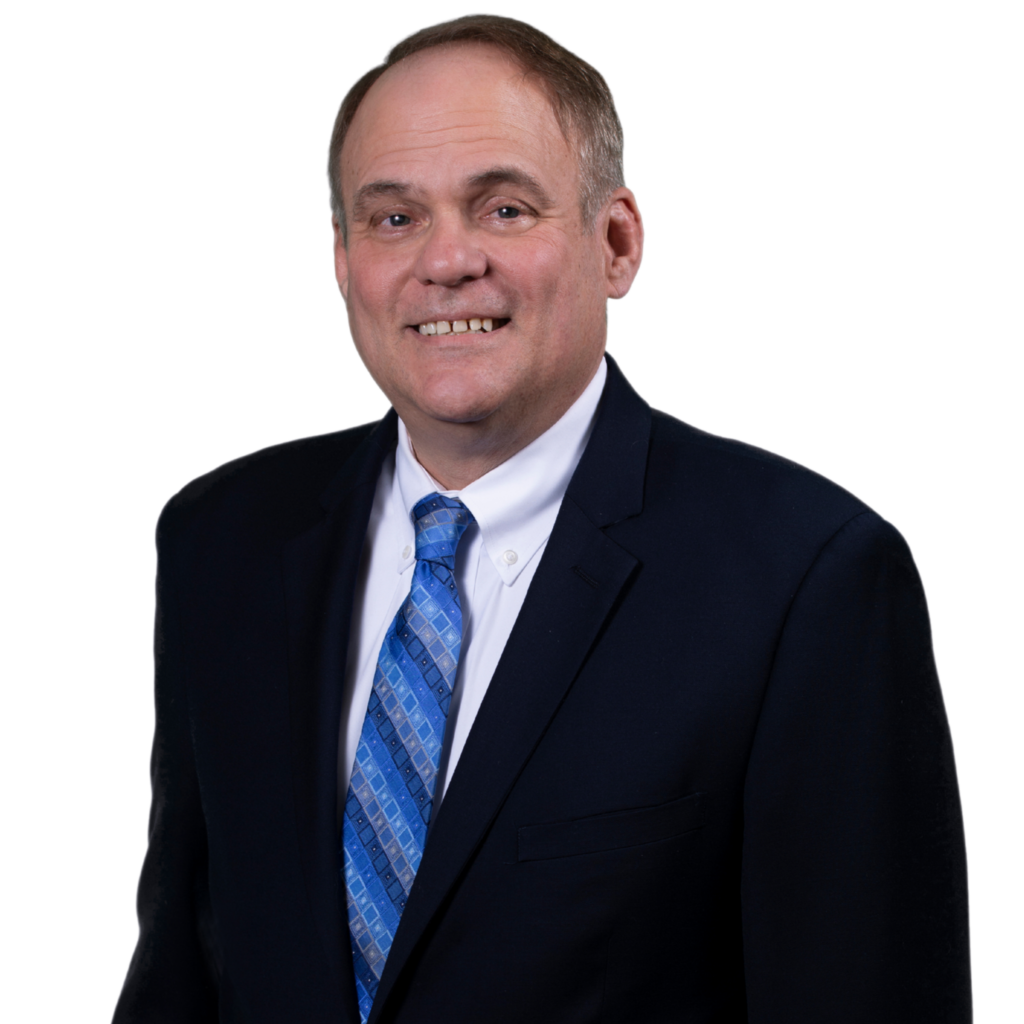ACE Act Ensures Donor-Advised Funds are Made Available to Working Charities in a Reasonable Time - Reforms Private Foundations and the Public Charity Support Test
06/16/2021 Bryan PautschSenators Chuck Grassley (R-IA) and Angus King (I-ME) introduced the Accelerating Charitable Efforts Act (ACE Act) last week. The press release states that the purpose of the ACE Act is to reform private foundations and ensure that philanthropic funds in donor-advised funds (DAFs) are made available to working charities within a reasonable time.
Currently, donor-advised funds account for over $140 billion in charitable gifts. However, under current tax law there is no requirement to distribute these funds to charities. The proposed legislation would ensure that DAF assets are distributed within reasonable timeframes and establish rules to accelerate the distribution of these assets to working charities. In addition, the proposed legislation modifies the rules regarding the distribution requirements for private foundations and reforms how public charities compute their public support test when a DAF contributes to a charity. A few of the highlights of the Act are listed below.
The ACE Act establishes a set of complex rules to create two new types of DAFs:
15-year DAFs: The bill will create a new form of DAF (“Qualified DAFs”) under which a donor receives upfront tax benefits (as under current law), but only if DAF funds are distributed (or advisory privileges are released) within 15 years of the donation. To avoid overvaluations, the income tax deduction for complex assets – such as closely-held or restricted stock – would be the amount of cash made available in DAF accounts as a result of the sale of the asset (instead of the appraised value).
Contributions to Qualified DAFs must designate a charitable recipient to receive the remaining assets undistributed at the end of the 15-year limit. The sponsoring organization must pay a tax of 50% of the amount not distributed within 15 years.
50-Year DAFs: As an alternative, donors who want more than 15 years to distribute their DAF funds can establish a “Non-Qualified DAF” and will be allowed to elect an “aligned benefit rule.” Under this rule, a DAF donor would continue to receive capital gains and estate tax benefits upon donation; however, the donor would not receive the income tax deduction for a charitable contribution until the donated DAF funds are distributed to the charitable recipient. All funds would be required to be distributed outright to charities no later than 50 years after their donation.
Donor Advised Funds at Community Foundations
The ACE Act also provides Qualified Community Foundations (“QCF”) certain exemptions to support their place-based, mission-driven work; specifically, the ACE Act will allow any donor to hold up to $1 million in DAF funds at any community foundation without being subject to payout rules. For amounts over $1 million, a donor still can receive up-front tax benefits if the DAF requires a 5% annual payout or if donations must be distributed within 15 years of contribution.
A QCF is a 501(c)(3) organization whose purpose is to understand and serve the needs of a geographic community that is no larger than four states and which has at least 25% of its assets held outside of DAFs.
Private Foundations
Under the ACE Act private foundations will no longer be able to claim the administrative expenses paid to disqualified persons (other than foundation managers who are not family members) toward meeting the minimum distribution requirement. However, these payments still are not considered prohibited self-dealing transactions.
In addition, under the ACE Act private foundations would not be permitted to count distributions to DAFs as qualifying distributions for purposes of meeting their minimum distribution requirement. The Act also eliminates the 1.39% excise tax applicable to a private foundation’s net investment income if in any year the foundation distributes at least 7% of its net assets.
In an effort to increase distributions to working charities, the ACE Act creates a Limited-Duration Private Foundation (LDPF). A LDPF is defined as a private foundation with a duration of less than 25 years under its governing documents. An LDPF may not make any distributions to another private foundation where there is a similar disqualified person in common. Under the ACE Act, the 1.39 excise tax is eliminated for LDPF.
Public Charities – Public Support Test
Under the ACE Act, a public charity may not treat distributions it receives from a sponsoring organization of DAFs as public support received from another public charity. All anonymous distributions from DAFs held by a sponsoring organization are treated as though they are from a single source. Distributions from DAFs that are identified to a particular donor may be counted as support received from that individual donor.
Summary
The provisions in the Act have already generated significant opposition. The Act, in whole, may not pass, but its important to understand how these provisions affect you and/or your organization. Many times, tax provisions that are not passed are placed on a shelf and are later added to future legislation.
The Act has a prospective effective date. The effective date, depending on the provision, is either the date of enactment or tax years beginning after December 31, 2021. Contributions to DAFs made prior to the enactment of the Act appear to be grandfathered and are not affected.
Please contact Bryan Pautsch (bpautsch@vlcpa.com) or your VonLehman tax advisor to gain further insight on how the ACE Act may affect you.


